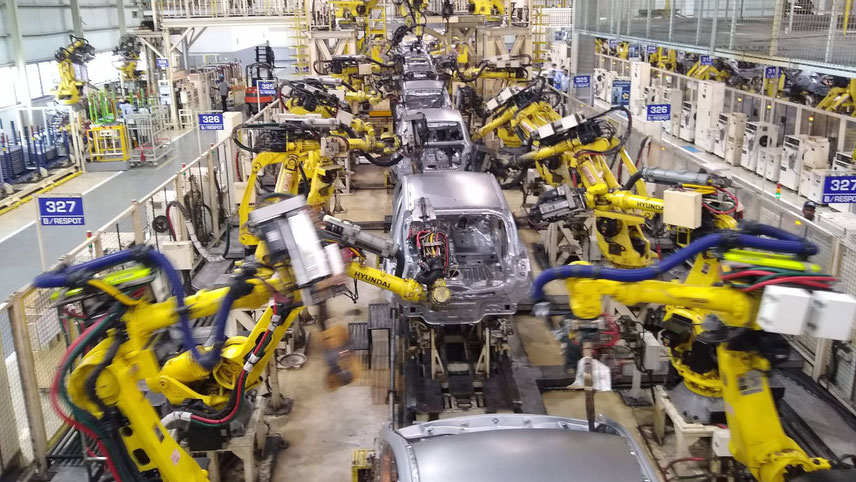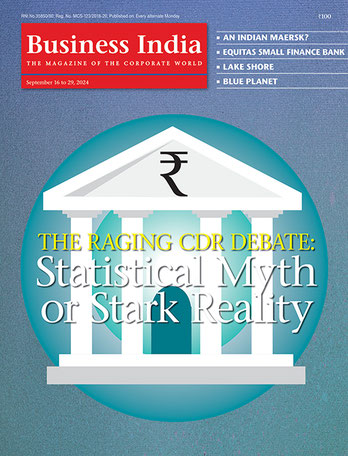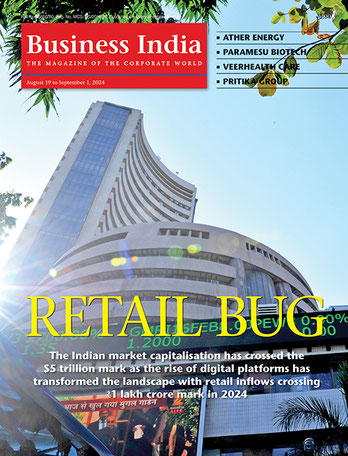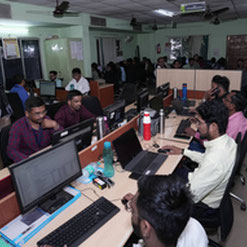
In March 2020, a number of us from the VC and startup ecosystems came together to understand how we could support the fight against Covid at scale. Over the following 15 months and two intense waves, the work we did at ACT Grants (www.actgrants.in) towards Covid response made clear to us the power of collective action and collaborative finance. It also demonstrated the multiplier effect of partnering with multiple stakeholders across an ecosystem – government bodies, community groups and corporates – for systemic problem-solving. We call this “open architecture” and by allowing people with diverse ideas and networks to come together and operate in a platform which they see as their own, we are able to harness the power of many “co-founders of change”. The learnings from the healthcare efforts at ACT Grants helped us apply similar principles of catalytic support, scale and partnerships to other systemic challenges in the country, and inspired the creation of the ACT Environment Fund. A few of us within the VC community were passionate about doing our bit to make a change to the climate finance market. We wanted to use the venture capital model of giving wings to what seem like risky early stage ideas where a few of them will go on to build solutions of scale and have disproportionate impact and adoption. We felt strongly that we needed this type of catalytic capital but in the form of grants with no financial return implications so we can take some real risk on out of the box innovations. The ACT Environment Fund operates as a relatively unique venture philanthropy fund that aims to support models, technology, delivery and process innovations as well as mechanisms for adoption that can have outsized positive environmental impact. We make grants (few tens of lakhs to a few crores) to companies that want to test an idea and take it to market or scale an existing idea to demonstrate impact at scale. Coming from the venture capital world, we are aware of how powerful new ideas executed by visionary founders can make a dent in the universe. We hope to find and fund similar ideas that can change the world for the better! Climate innovation in India needs transformative support in areas like strengthening business models, creating infrastructure, demonstrating innovations at point of use, and creating or expanding niche markets to become mainstream. Our focus at ACT Environment is to play this catalytic role, providing support in these critical gap areas, with a view to enabling other funders to follow-on. We made a few core design choices for the fund: We decided to operate as a bazaar (or a platform) where “like-minded” people could come together, work with each other and create impact. We want companies to join us and build along and on top of what we will build with our grantee companies. For us, reaching the goal is more important than having the credit, and we will work towards broadbasing and progressing the understanding of climate through playbooks and Learning Labs. We decided to allocate 20-30 per cent of the fund towards 0 to 1 stage where we have high impact but low probability of win type innovations – we believe some of these will end up having disproportionate impact. The remaining capital will go into proven ideas that need capital to scale. We aren't taking the 0 to 1 risk but our capital will help us scale their go to market.


































